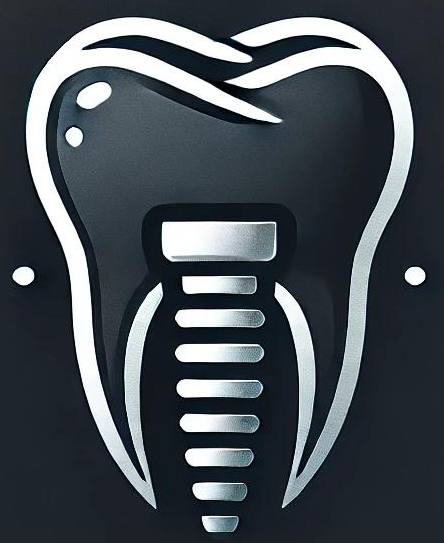
Understanding Oral Surgery
The word “surgery” often suggests hospital stays, general anesthesia, and lengthy recoveries. However, oral surgery is usually quite different. Many oral surgery procedures are performed in a dental office under local anesthesia with minimal recovery time. These surgeries range from routine treatments like tooth extractions and dental implant placements to complex jaw realignment and emergency care for facial injuries.
Request an AppointmentOral Surgery Procedures
Oral surgery may be necessary to relieve pain, treat infections or trauma, restore function, or enhance appearance. Common procedures include:
- Tooth Extractions: Teeth may need removal due to impaction (such as wisdom teeth), severe decay, or overcrowding that interferes with orthodontic treatment.
- Dental Implants: A titanium implant is surgically placed into the jawbone beneath the gum line. A natural-looking crown is then attached, providing a permanent tooth replacement.
- Oral Diagnosis & Biopsies: Suspicious lesions in the mouth may require biopsy to detect or rule out oral cancer, which is more treatable when caught early.
- Corrective Jaw Surgery: Performed when jaws don’t align properly, affecting function and appearance.
- Snoring & Sleep Apnea Surgery: Removal of excess tissue in the throat may be necessary to improve airflow and breathing during sleep.
- TMD Surgery: When chronic jaw pain does not respond to conservative treatments, surgical options may be considered.
- Facial Trauma & Reconstructive Surgery: Injuries to the face can impair essential functions and appearance. Teeth knocked out can sometimes be replanted or replaced with implants.
- Cleft Lip/Palate Repair: A common birth defect affecting about one in 700–800 babies in North America, correctable with surgery to allow for a healthy life.
Importance of Oral Hygiene
A primary goal of dentistry is to help you maintain healthy teeth and gums for life. Consistent oral hygiene and regular dental care are essential to achieving this.
What to Expect
Before surgery, x-rays help with diagnosis and treatment planning. Your dentist or oral surgeon will explain the procedure in detail and discuss anesthesia options. Always share your full medical history, including all medications, chronic conditions, and smoking habits, to ensure your safety and comfort during and after surgery. Recovery varies depending on the procedure and your overall health.
